Your cart is currently empty!
By
John Abraham
| UPDATED

Being a grandparent is a special role that comes with its own joys and challenges. While you want to shower your grandchildren with love and support, it’s equally important to maintain a respectful and supportive relationship with your adult children. When you strike that balance, everyone benefits, and family bonds grow stronger. Here are 37 practical, detailed ways to be a grandparent your adult kids truly appreciate.
1. Respect Parenting Choices

2. Communicate Openly and Honestly
Every parent has their own style and rules. Even if you disagree, respect their choices and avoid undermining their authority in front of the grandchildren. This respect creates trust and makes your adult children feel supported rather than criticized. It also helps prevent confusion or conflict for the kids. Support their decisions openly and privately offer advice only when asked, keeping communication open and respectful.

Clear communication with your adult children is essential. Discuss your role and boundaries early on to avoid misunderstandings. Be honest about how much help you can offer and ask about their expectations. Regular conversations about schedules, discipline, and family values keep everyone on the same page. This transparency prevents resentment and builds stronger, more cooperative relationships.
3. Offer Help Without Taking Over

Grandparents often want to pitch in, but it’s important to help in ways that empower parents rather than replace them. Offer specific support like babysitting or running errands, but let parents remain in charge. Check in regularly to see what kind of help is needed. This approach respects parents’ roles and shows that your support is thoughtful, not intrusive.
4. Listen More Than You Speak

Being a good listener is one of the most valuable things you can do. Let your adult children share their thoughts and feelings without interrupting or offering unsolicited advice. Listening attentively shows respect and emotional support, which strengthens your bond. It also helps you understand their needs better, making your help more effective and appreciated.
5. Be Flexible and Adaptable

Parenting trends, technologies, and family dynamics change over time. Being willing to adapt your expectations and methods to fit current norms shows your love and respect for your adult children’s way of doing things. Flexibility also prevents conflicts and keeps family interactions positive and relevant. Embrace new ways of connecting with grandchildren, even if they differ from your experiences.
6. Avoid Criticism or Judgment

Criticizing parenting choices, discipline methods, or lifestyles creates tension and hurts relationships. Even well-meaning comments can feel like judgment. Instead, focus on encouragement and understanding. If you disagree, express it gently and privately, or simply choose to stay silent. Maintaining a non-judgmental attitude helps keep family harmony and shows emotional maturity.
7. Celebrate Milestones Together

Joining your adult children in celebrating birthdays, graduations, and other milestones shows that you care deeply about the whole family. Your presence adds joy and builds lasting memories for grandchildren. Help plan celebrations or contribute in meaningful ways that respect parents’ wishes. Celebrating together strengthens family bonds and honors everyone’s important moments.
8. Respect Privacy and Boundaries

Everyone needs personal space, including your adult children and grandchildren. Respect their home, schedules, and choices about how much time to spend together. Avoid unannounced visits or staying longer than invited. Being mindful of boundaries shows respect and helps maintain a healthy balance between involvement and independence in family relationships.
9. Encourage Independence in Grandchildren
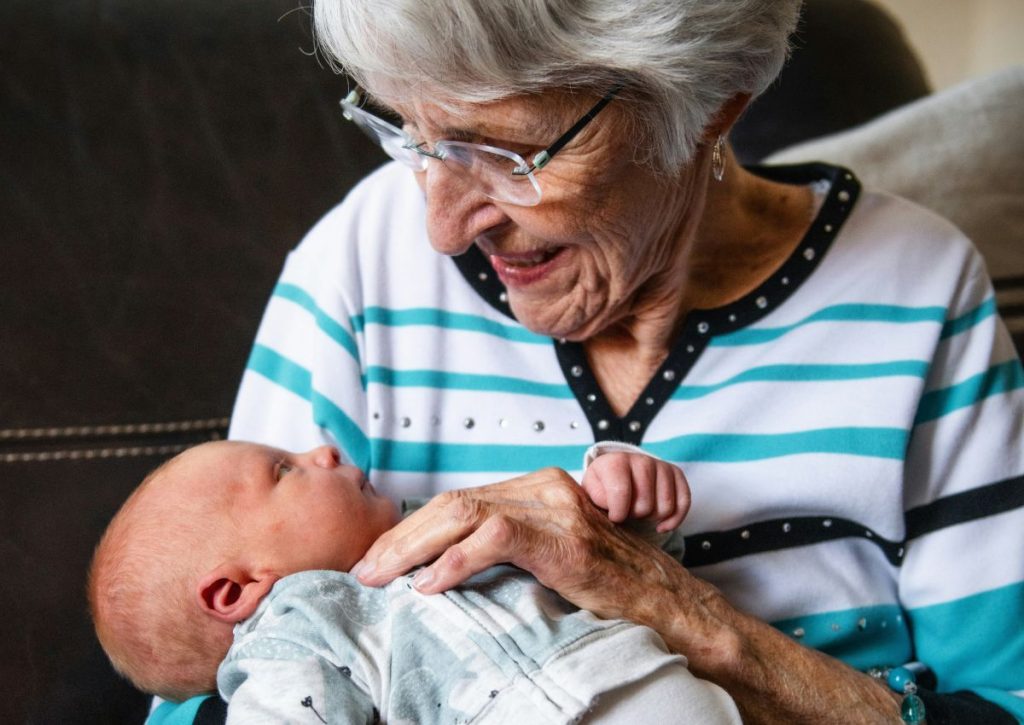
Supporting grandchildren to become self-reliant helps parents and builds their confidence. Avoid doing everything for them or shielding them from challenges. Instead, offer guidance and cheer their efforts to learn new skills and solve problems. This support aligns with parents’ goals and prepares grandchildren for future success.
10. Share Family Traditions Thoughtfully
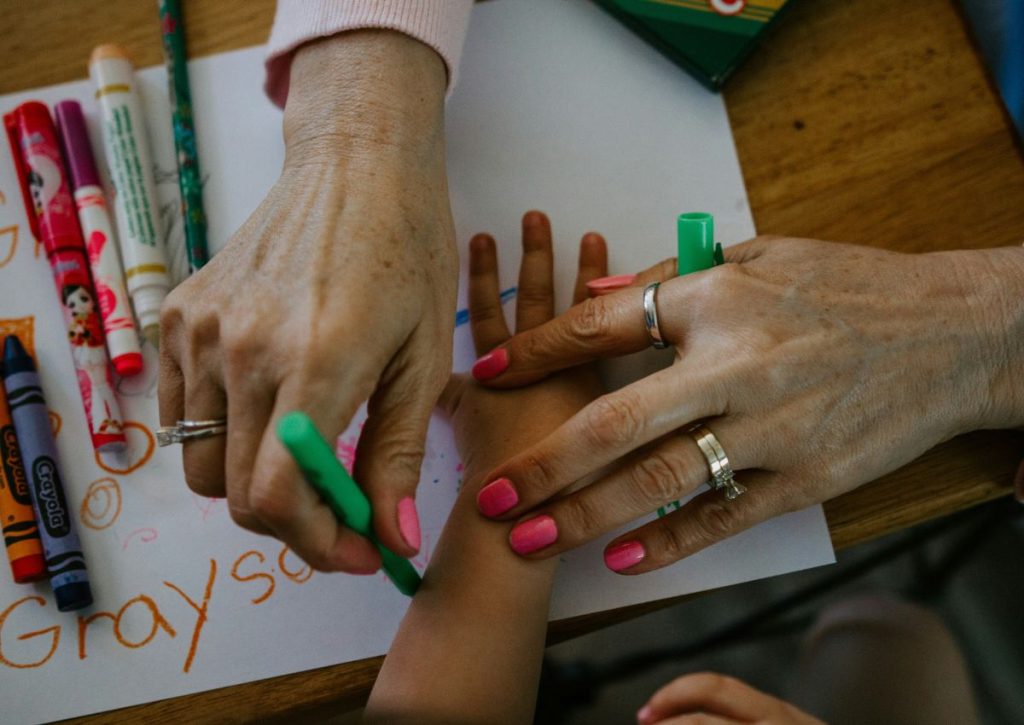
Family traditions are treasures that connect generations, but introducing them respectfully is key. Share stories, recipes, or celebrations in ways that include rather than impose. Ask if parents want you to pass on certain customs and respect their preferences. Thoughtful sharing enriches grandchildren’s heritage while honoring parents’ choices.
11. Stay Positive and Encouraging

A positive attitude brightens family interactions and makes you a source of comfort and joy. Compliment your grandchildren’s efforts and behavior and encourage your adult children’s parenting strengths. Avoid negativity or complaining, especially around children. Positivity fosters a happy environment that everyone appreciates and looks forward to.
12. Be Patient with Technology Differences

Your grandchildren likely use technology in ways unfamiliar to you. Instead of resisting, learn about their favorite apps, games, or devices. Showing curiosity and patience bridges generational gaps and opens new avenues for connection. This effort demonstrates respect for their world and makes you a relevant, involved grandparent.
13. Offer Guidance Only When Asked

Grandparents often have wisdom to share, but unsolicited advice can feel intrusive. Wait until your adult children ask for input before offering opinions on parenting or family matters. When giving advice, do so gently and respectfully. This approach preserves trust and keeps communication open, ensuring your guidance is valued rather than resented.
14. Be Consistent with Grandchildren

Consistency creates security for grandchildren and eases parenting. Follow the rules and routines set by parents, especially around discipline and bedtime. Avoid giving mixed messages that confuse kids or undermine parental authority. Consistency in your behavior shows respect for parents and helps children feel safe and understood.
15. Support Their Family’s Routines

Each family has its rhythms and rituals. Respect meal times, nap schedules, and other routines that help maintain stability. Avoid disrupting these patterns with unplanned outings or treats. Supporting routines shows you understand and care about what keeps the family functioning smoothly, making your involvement more welcomed.
16. Encourage Your Adult Children’s Relationship

Strong relationships between your adult children and their partners create a healthy family environment. Avoid interfering in couple dynamics or favoring one parent over another. Support their partnership with respect and kindness, which benefits grandchildren by providing a model of healthy relationships and cooperation.
17. Stay Involved Without Overstepping

Being present in grandchildren’s lives is valuable, but it’s important to balance involvement with respect for parents’ roles. Attend events, call regularly, and express interest in their lives without taking control. This balance fosters close connections while honoring parents’ leadership.
18. Recognize When to Step Back

Sometimes, less is more. If your adult children express a need for space or independence, honor their wishes gracefully. Recognize that stepping back doesn’t mean you love your grandchildren less—it means respecting boundaries and letting parents take the lead. This humility strengthens long-term family bonds.
19. Use Humor to Diffuse Tension

Humor is a powerful tool for easing stress and connecting across generations. Light jokes, playful teasing, or funny stories can brighten moods and create joyful memories. Use humor kindly and avoid sarcasm or comments that might be misunderstood. A good laugh shared between grandparents, parents, and grandchildren creates a positive, loving family atmosphere.
20. Avoid Taking Sides in Conflicts
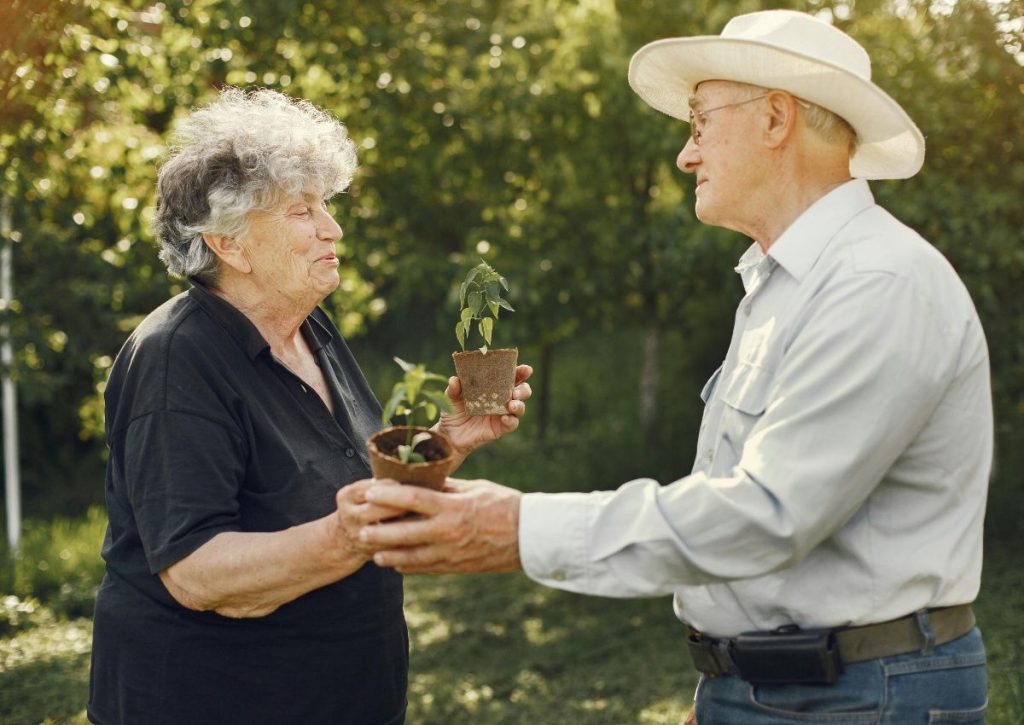
Family disagreements happen, but taking sides can deepen divides and create lasting resentment. Whether it’s between siblings, spouses, or parents and children, your role is to be a steady, neutral presence. Offer support to all family members without judgment or favoritism. When conflicts arise, focus on listening, empathy, and calming tensions rather than escalating issues. Staying neutral maintains your adult children’s trust and helps preserve family harmony over time.
21. Share Memories Without Overstepping

Sharing stories about your grandchildren’s parents when they were young can build bonds and create a sense of continuity. However, avoid overshadowing current parenting with tales that imply your way was better or criticize modern methods. Use memories as a bridge to connect generations, not as a benchmark to judge. Emphasize fun, positive anecdotes that celebrate family history, always respecting your adult children’s choices and parenting style.
22. Support Their Family’s Values and Beliefs

Your adult children might have different values, faith, or lifestyle choices than you did. Supporting their family’s unique culture—even when it differs from your own—is a powerful way to show love and respect. Avoid pushing your beliefs or criticizing theirs, especially around sensitive topics. Celebrate what makes their family special and encourage grandchildren to embrace their own identity while honoring their roots.
23. Offer Emotional Support, Not Just Practical Help

Parenting can be isolating and overwhelming. Sometimes, your adult children need more than babysitting or chores—they need a sympathetic ear and emotional reassurance. Let them know you’re available to listen without judgment, offering encouragement during tough times. Emotional support builds trust and strengthens your relationship more deeply than material help alone, showing you’re invested in their well-being as people, not just parents.
24. Encourage Grandchildren’s Talents and Interests
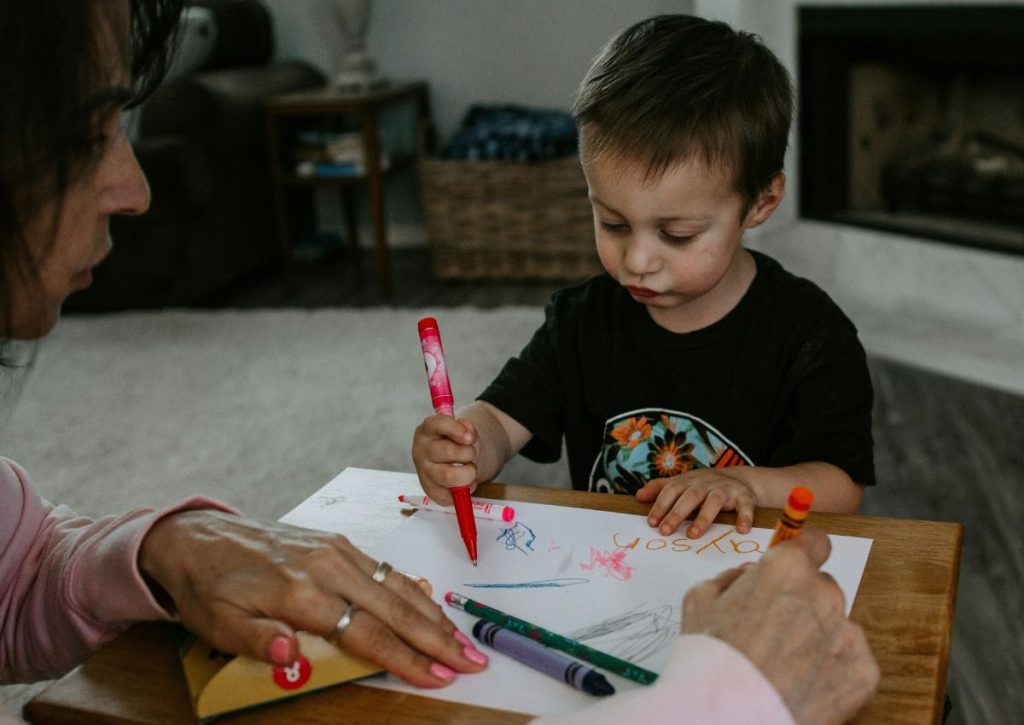
Encourage your grandchildren’s passions and talents as their parents do, whether it’s art, sports, music, or academics. Show genuine interest by asking questions, attending events, and celebrating progress. Avoid pushing your own preferences or old-school expectations, and instead honor their unique personalities and goals. Your enthusiastic support helps grandchildren grow confident and loved, while aligning with their parents’ guidance.
25. Avoid Overindulgence

While spoiling grandchildren is tempting, too much indulgence can disrupt routines and discipline set by parents. Overindulgence might lead to behavior problems or strain your relationship with your adult children. Instead, practice moderation in treats, gifts, and special privileges. Focus on quality time, affection, and experiences rather than material excess. This balanced approach nurtures respect for parents’ boundaries and models healthy habits.
26. Be Mindful of Language and Tone

How you speak about your adult children and their parenting decisions matters, especially around grandchildren. Use respectful, positive language and avoid gossip or criticism. Tone of voice—warm, patient, and kind—helps create a safe emotional environment. Modeling respectful communication teaches grandchildren to honor others and builds trust with your adult children. Choose words carefully to strengthen family bonds rather than sow discord.
27. Recognize Your Adult Children’s Efforts

Parenting is hard, and your adult children’s dedication deserves acknowledgment. Regularly praise their hard work, sacrifices, and successes. Small gestures like thanking them for their time or saying “I’m proud of you” go a long way in boosting morale. Recognition reassures them they’re not alone in their struggles and helps maintain a positive, appreciative family atmosphere. Your validation encourages them to keep going even when parenting gets tough.
28. Share Your Time, Not Just Things

Grandchildren cherish experiences and attention more than toys or gifts. Prioritize quality time like reading together, playing games, or simply talking. Being present without distractions shows love in a way material things can’t match. Shared moments create memories and deepen bonds with grandchildren and adult children alike. This presence communicates that your relationship values connection and care above possessions, fostering lasting family closeness.
29. Keep Your Promises

Reliability is key to building trust with your adult children and grandchildren. When you commit to plans—whether babysitting, attending events, or calls—follow through consistently. Broken promises can cause disappointment, disrupt routines, and create frustration. Demonstrating dependability reassures your family they can count on you, strengthening your role as a supportive grandparent. Consistency also models responsibility for grandchildren in subtle but powerful ways.
30. Stay Calm During Meltdowns

Children’s emotional outbursts are natural but challenging moments for parents and grandparents alike. Your calm, steady presence during these times can soothe grandchildren and de-escalate tension. Avoid reacting with frustration or impatience, which can worsen the situation. Instead, model deep breathing, gentle words, and empathy. Showing that emotions can be managed healthily teaches grandchildren important coping skills and supports parents’ discipline efforts.
30. Make Time for One-on-One Moments

Quality time with each grandchild individually helps build deeper bonds and shows them they are uniquely valued. Whether it’s a quiet walk, a shared hobby, or a special outing, these moments create lasting memories. Personal attention also allows you to understand their interests and needs better, strengthening your relationship without overwhelming parents or siblings.
31. Show Appreciation for Your Adult Kids

Express gratitude for the hard work your adult children put into parenting and managing family life. Compliment their efforts sincerely and acknowledge their challenges. This appreciation boosts their confidence and reassures them that you respect and support their role as parents, creating a positive and cooperative family atmosphere.
32. Respect Their Discipline Style
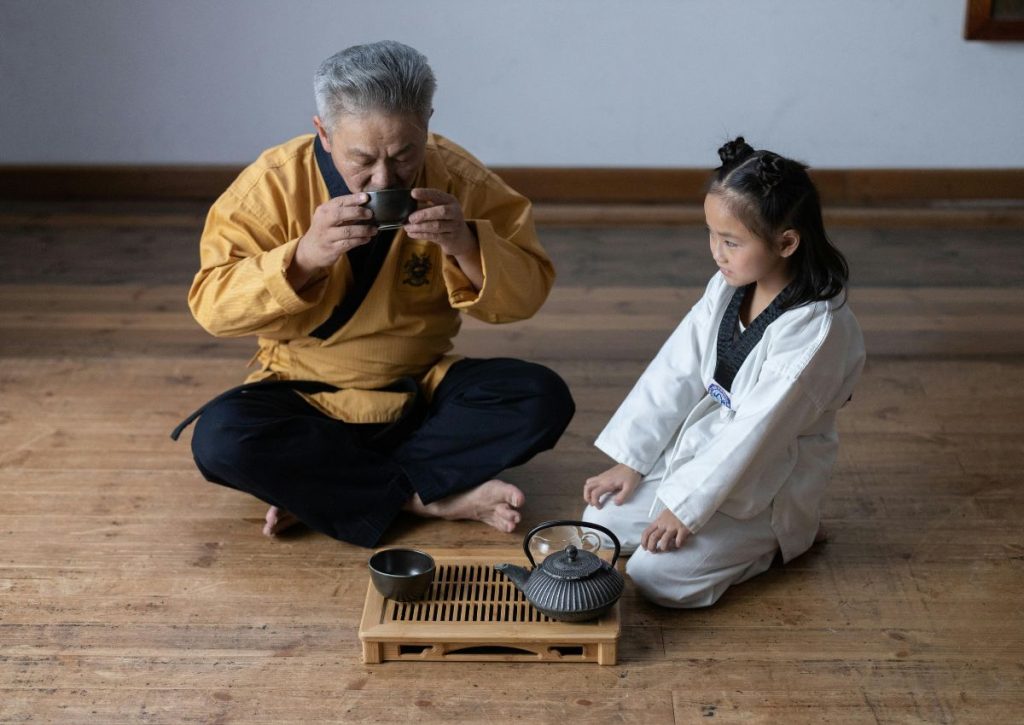
Discipline is one of the most sensitive areas for parents. Even if your methods differ, avoid correcting or contradicting your adult children in front of grandchildren. Support their rules and consequences consistently. If you have concerns, discuss them privately and tactfully. Respecting discipline style shows you trust their judgment and helps children understand boundaries clearly.
33. Keep Grandchildren’s Health and Safety a Priority

Always prioritize the wellbeing of your grandchildren when caring for them. Follow parents’ instructions regarding allergies, medications, and routines carefully. Stay informed about any health concerns and emergency plans. Demonstrating this responsibility reassures parents that their children are safe and cared for when in your hands.
34. Be Mindful of Your Own Energy and Limits

Grandparenting can be demanding, so recognize your own limits to avoid burnout or frustration. Communicate honestly about how much time and energy you can give. Taking care of your health and wellbeing ensures you remain a positive, patient, and engaged presence in your grandchildren’s lives over the long term.
35. Foster Open Dialogue About Family History
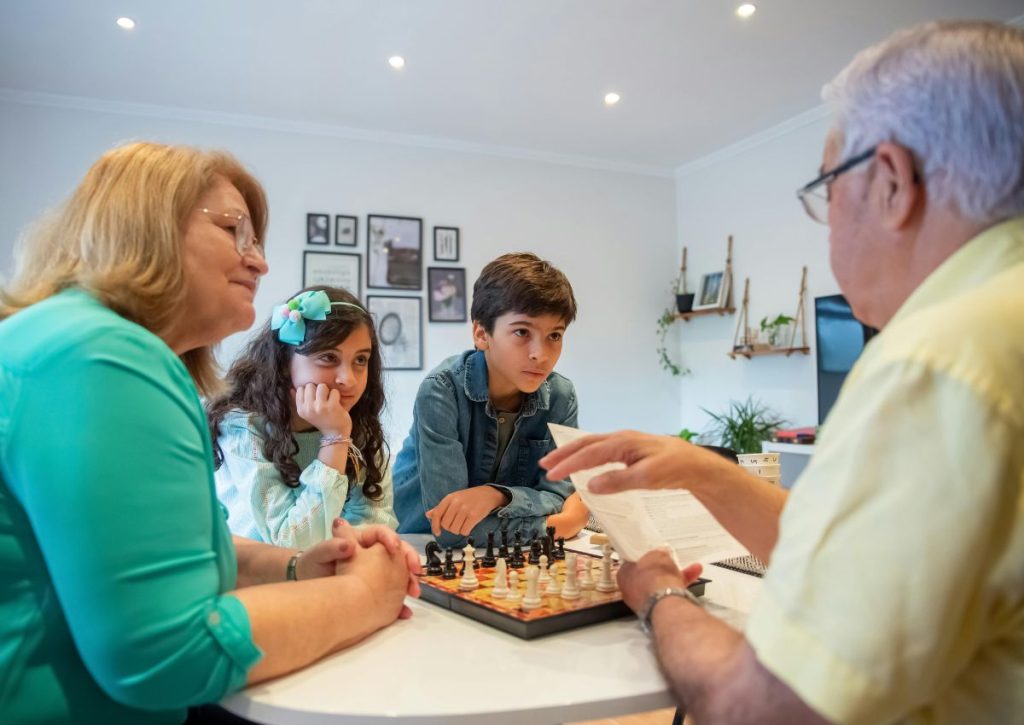
Sharing stories about your family’s past connects grandchildren to their roots and identity. Encourage questions and involve parents in deciding what to share and when. These conversations enrich the family narrative and help children feel part of a larger legacy, promoting pride and belonging while respecting parents’ wishes.
36. Encourage Respectful Behavior Toward Elders

Modeling and reinforcing respectful behavior toward elders teaches grandchildren important social values. Support parents in guiding manners and kindness toward older family members. This mutual respect strengthens family cohesion and creates a nurturing, loving environment for all generations.
37. Celebrate Your Unique Role

Finally, embrace the special role you play as a grandparent—one that is supportive, loving, and different from being a parent. Celebrate your ability to offer wisdom, patience, and unconditional love without the pressures of daily discipline. This positive mindset enhances your relationships and makes you a treasured presence in your family’s life.

